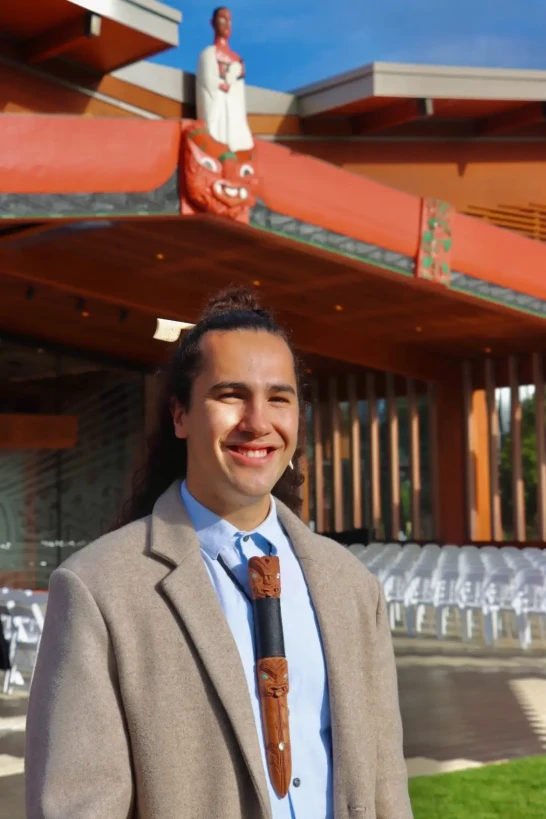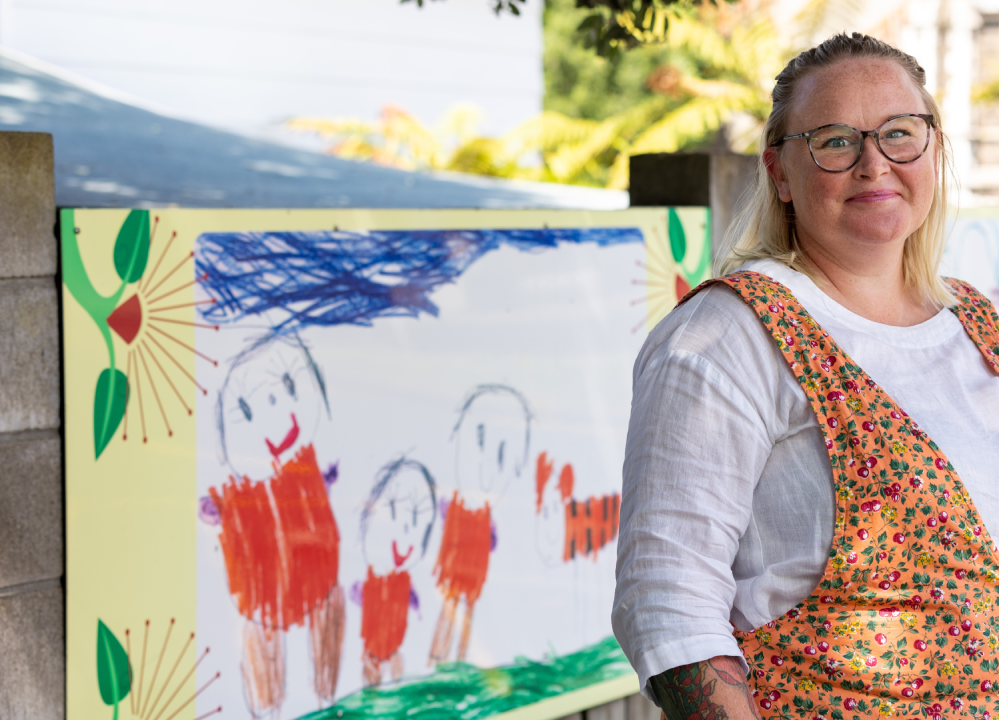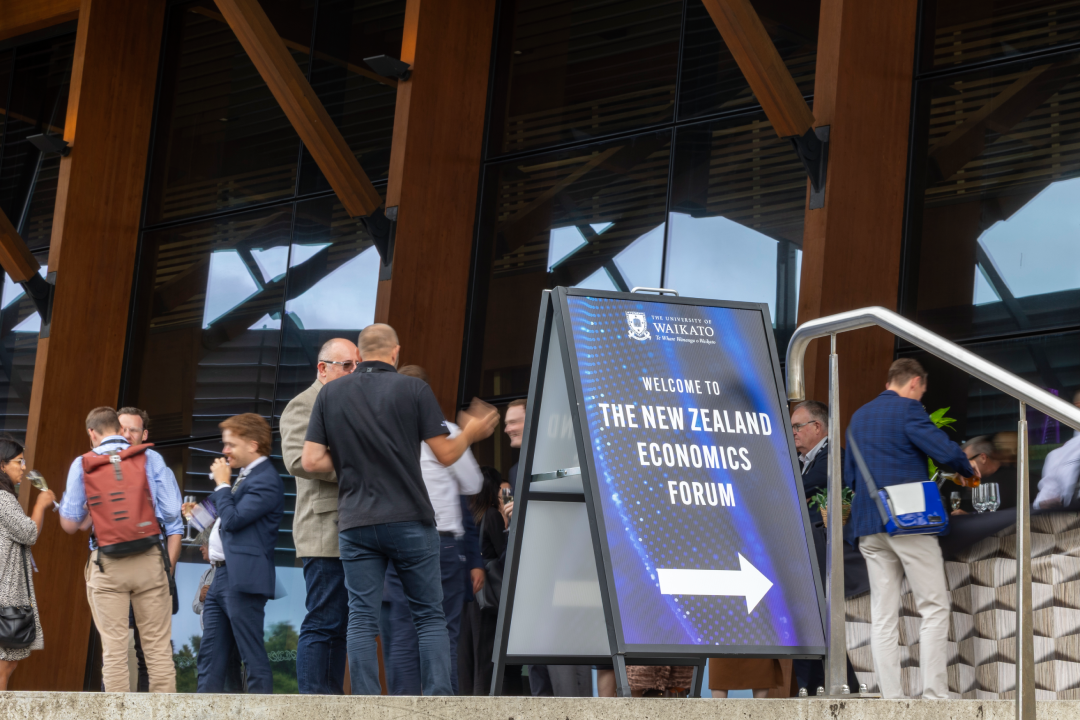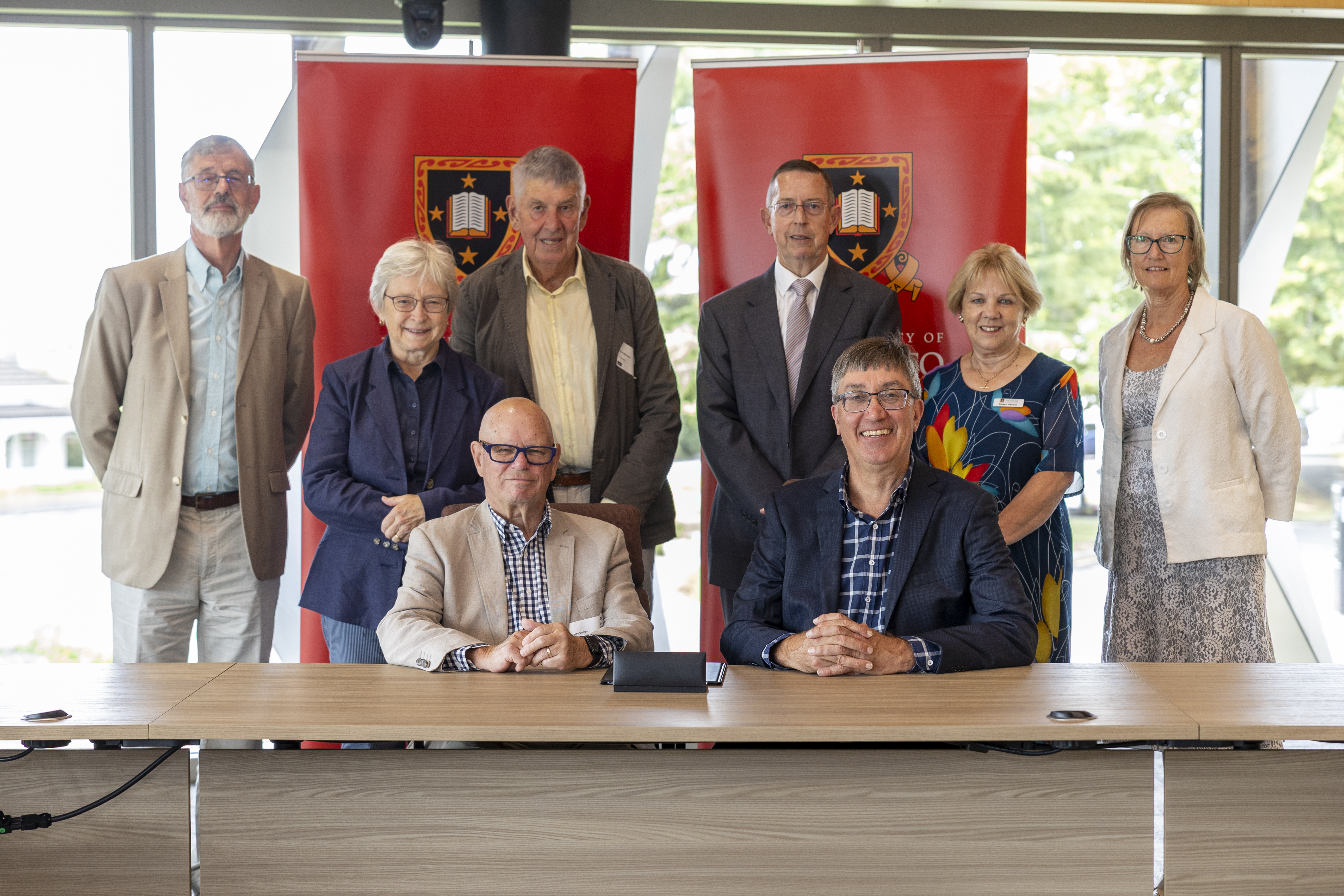University of Waikato honours student Naianga Tapiata is set to walk the hallways of one of the world’s oldest universities, carrying with him one of the world’s most prestigious academic scholarships.

Bachelor of Social Sciences honours student Naianga Tapiata
This month Naianga (Te Arawa, Waikato, Ngāti Awa, Ngāti Porou) was announced as a Rhodes Scholar, making history as the first graduate of kura kaupapa Māori to be awarded the honour. He will join the University of Oxford’s Class of 2026 to complete a fully funded two-year Master of Philosophy in Social Anthropology.
It will not be his first time standing within the great halls of England – but this time, he says, the journey is grounded in people and relationships.
"Intentional, collective work built on trust," Naianga says.
I want to bring te ao Māori into global spaces and create room for Indigenous leaders. It’s about the people and how a place can hold energy – Oxford, the home where colonisation was thought and strategised. I want to learn from those who challenge the status quo with clarity and care.
“We’re in a world where revitalisations of culture across the globe are trying to find their space.”
Naianga is the fifth Rhodes Scholar from Waikato University and the fifth Māori Rhodes Scholar since it was first awarded in 1904. He says the recognition belongs to the generations who paved the way.
He says he is proud to follow in the footsteps of Mākereti (Maggie) Papakura, a young Māori woman from his village who became the first Indigenous woman to study at Oxford in 1927. Her thesis, The Old-Time Māori, published posthumously in 1938, offered an analysis of Te Arawa customs from a woman’s perspective. It was the first extensive ethnographic work published by a Māori scholar.
“Maggie made an impact on our people and challenged those at Oxford, confronting the colonial narrative of our time – not only around Indigenous knowledge but for women, but around the role and power of women.
I wouldn’t be where I am without people like Maggie, my family, school, iwi, mentors and kaupapa guiding the way.
Raised in Rotorua near the village of Whakarewarewa, Naianga was immersed in te reo Māori and Te Aho Matua education shaped by a Māori worldview. He attended Te Kura Kaupapa Māori o Ruamata, New Zealand’s second Māori immersion school. At 11, he moved to Kuwait with his parents for three years.
“I was speaking Arabic or English every day, so naturally I started to lose my language. It just gave me more of a purpose – to get back to my roots.”
Naianga returned to New Zealand for NCEA, before enrolling in a Bachelor of Social Sciences in Pacific and Indigenous Studies and Law. This year, he began his dissertation exploring mōteatea, a traditional Māori song, and how these compositions express Māori wellbeing.
“Like Maggie’s story, the songs I study aren’t abstract to me; I was raised on them. Studying mōteatea is a way to honour and activate our intellectual traditions. My grandfather and father both died in their early 50s, after lives dedicated to serving our people. I want to build a life of sustainable service, one that values Indigenous knowledge and recognises its power to address global challenges.
My analysis highlights mōteatea deep relationship with the environment – its connections to the land, stars, people, and the central importance of water. I want the research to empower change in our own lives, influence the way we behave and revitalise our traditional knowledge systems.
Deputy Vice-Chancellor Māori, Dr Sarah-Jane Tiakiwai says Naianga’s achievements speak for themselves; however, he has also demonstrated tremendous commitment and service to the University, being one of the youngest to speak on our paepae at official University events, including graduation.
We often remind our students that they are the embodiment of their ancestors’ aspirations. Naianga, being the first raukura or graduate from kura kaupapa Māori to be awarded a Rhodes Scholarship, is living proof that our indigeneity - speaking te reo, being grounded in te ao and mātauranga Māori – is seen globally as a strength and is valued.
The Rhodes scholarship is administered by Universities New Zealand and includes a three-stage interview process involving references, academic results, essays and in-person interviews. Established in 1902, the scholarship is the oldest international graduate scholarship programme in the world. It supports outstanding all-round students and provides transformative opportunities for exceptional individuals.
Naianga’s dedication has already earned him notable achievements: winning the Pei Te Hurinui Jones section of the Te Arawa Manu Kōrero regionals in 2021, receiving the prestigious Te Reo Rangatira Top Scholar at Parliament in 2022, being an orator for the University of Waikato, and being recognised as a top scholar of Te Pua Wānanga Ki Te Ao in 2024.
Naianga has travelled to Oxford three times. The first was in 2022 for ‘Te Hononga ki Oxford’, the inaugural Māori graduate study tour of the University of Oxford. The second was in 2024, when Evie O’Brien – now Te Wānanga o Aotearoa chief executive – concluded her tenure as Executive Director of the Atlantic Institute. Most recently, Naianga returned in September to honour a kuia from his hometown who was awarded her degree posthumously as the first Indigenous women to study at Oxford.
Grateful for the guidance of his kaumātua, friends, whānau, and kura, Naianga continues to carry the legacy of his ancestors through te reo Māori.



